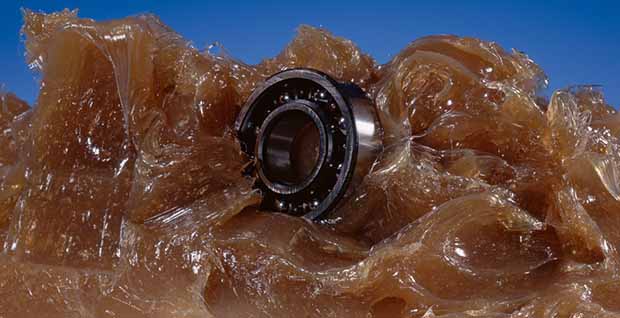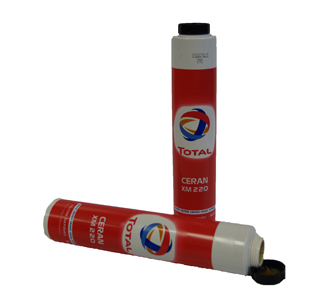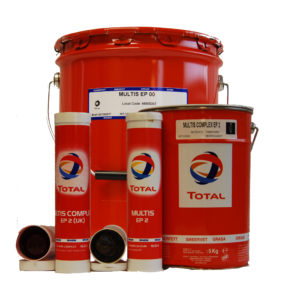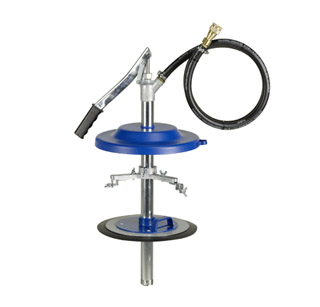Choosing the right grease can be difficult and given the ever expanding ranges of greases and applications this decision is getting more difficult. The main influencer on which grease to choose is the application and the operating conditions in which the grease will function. I.e. is it for bearings, or for fifth wheel and is it going to be in a dusty, dirty, wet or hot environment or under extreme pressure. Each of these can have a different impact on different greases and certain greases can’t cope with some of these.
To better understand the grease options you should look at the makeup of the greases and what its components are, the base oil, the thickener and the base oil viscosity.
Grease Base Oil Type
Choosing which base oil type synthetic or mineral, your grease requires is determined by the conditions in which the grease will be required to operate, high and/or low temperatures, load and pressure conditions, etc. The load and pressure will not only influence the base oil type but also the additive package required (extreme pressure, anti-wear, etc.). Synthetic oils are better over a wider range of temperatures and conditions, and mineral base oils can be used if you operate at constant temperatures within the range that the base oil covers.
Grease Thickener Type
The thickener added to the grease is what holds the lubricant in place, like a sponge, and is not the lubricant. Good thickeners will be compatible with the OEM manufacturer recommendations for their equipment and will be able to withstand the conditions under which it must perform. There are a number of types of thickeners used and, most are not compatible and greases with different thickeners should not be mixed. The commonly used thickeners are lithium, lithium complex, aluminium complex and polyurea.
Grease Base Oil Viscosity
The grease base oil viscosity is one of the most important components of any grease as with any lubricant and often people do not know this and misunderstood or overlook it when it comes to picking the right grease. It is very important to understand the grease’s base oil viscosity in order to choose which grease is right for your application and conditions and only by referring to the user manual or a lubricant expert can you be sure. In some cases there are formulas for working out the right viscosity required like in bearings where the speed and dimensions of the bearing are taken into consideration. Normally general-purpose grease’s will have a viscosity in the 100 cSt to 220 cSt range.

Given that grease can be used in a number of applications and conditions in machines, such as bearings, rolling-element bearings, wires, linear bearings, slideways and seals. These machines than may be operating in extreme heat and dust in the middle of a quarry or sub-zero temperatures like in a freezer or on a fishing trawler in the Atlantic Ocean.
You can see, just how many different types of applications and environments there can be and just as many brands and types of grease to go along with these machines and conditions. Therefore, to choose the right grease for your application you need to factor in your application and working conditions when discussing with a lubricant expert to choose which grease you need.
In all cases you should ensure you are using a top quality range of greases such as Total Lubricants grease ranges. And for most vehicle or machine applications you can use the Which Oil? Online app to find the right grease or talk to Total’s Irish Distributor Finol Oils for more information on the full range of Total Greases.
Total Lubricants Grease Ranges



